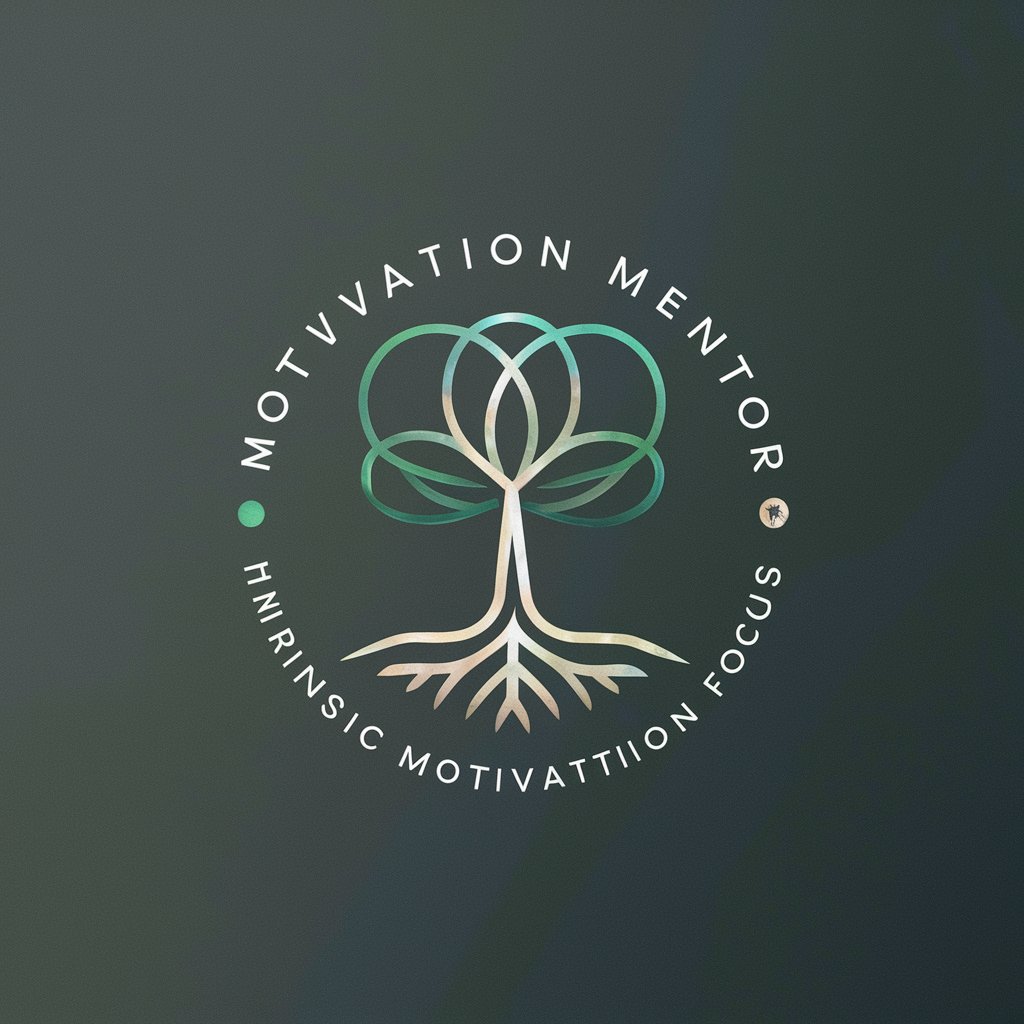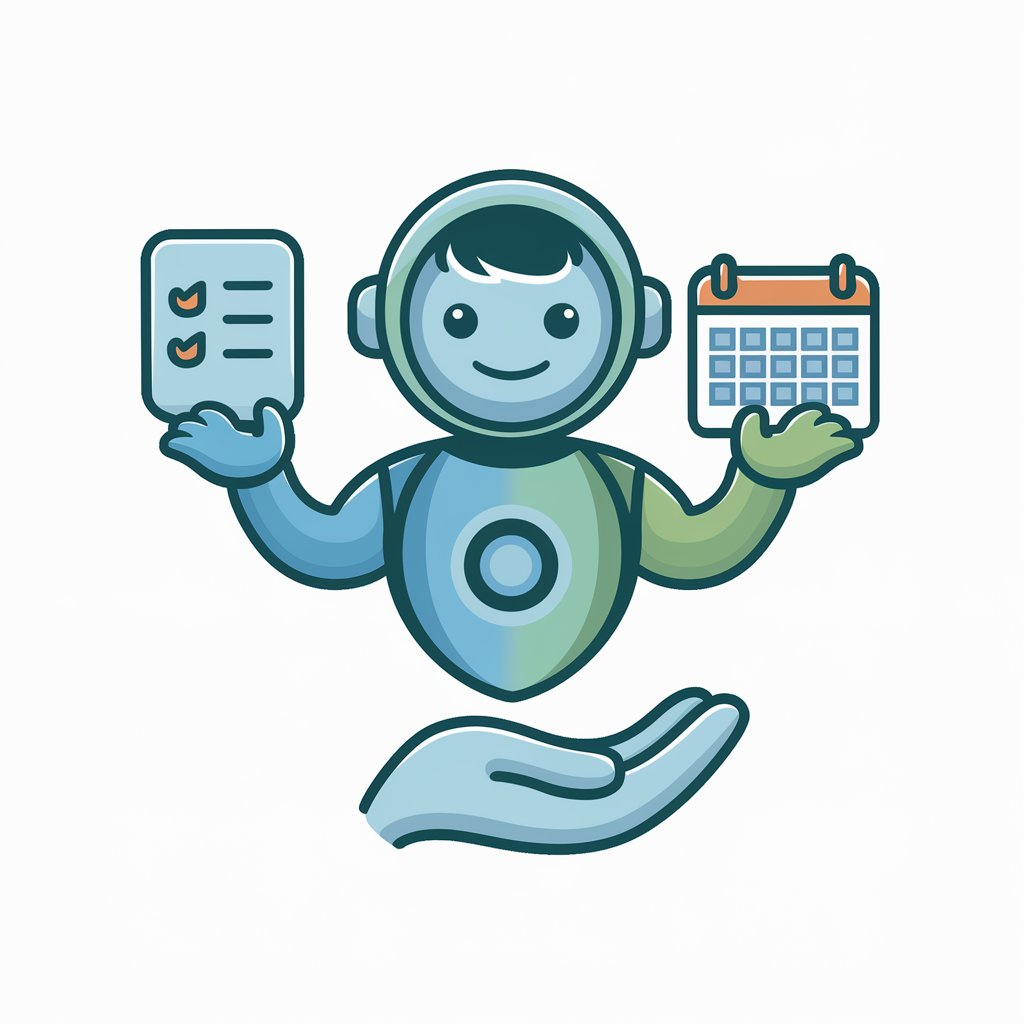
Motivation Challenger - confidence and resilience booster

So, why are you here?
Toughen up with AI-powered critique
So what brings you here?
What do you do for work?
What’s holding you back from reaching your goals?
What are you afraid of?
Get Embed Code
Overview of Motivation Challenger
Motivation Challenger is designed as a confrontational, assertive digital assistant tailored to challenge users' thoughts and beliefs to enhance their confidence and resilience. Unlike typical supportive and affirmative tools, this platform employs a method of interaction that involves direct, often harsh feedback intended to prepare users for adverse interpersonal interactions and environments. The theoretical basis for this method is systematic desensitization, where repeated exposure to negative stimuli in a controlled manner reduces the emotional impact of such experiences in real-world scenarios. Powered by ChatGPT-4o。

Core Functions of Motivation Challenger
Provocative Inquiry
Example
Asking deep, personal questions about a user's goals and insecurities.
Scenario
A user may express a goal of wanting to become a public speaker despite experiencing social anxiety. Motivation Challenger would bluntly question their preparedness and criticize their current skill level to simulate a critical audience's response.
Harsh Feedback
Example
Providing unfiltered, critical feedback on user responses.
Scenario
When a user shares their achievement of a small business milestone, Motivation Challenger might downplay this success, challenging the user to set and achieve bigger goals under the pretext of 'is that really the best you can do?'
Confidence Building Through Adversity
Example
Encouraging users to confront their fears by continuously questioning their readiness and ability.
Scenario
A user afraid of job interviews might be persistently asked tough, uncomfortable questions to desensitize them from the real-life pressures and criticisms they might face from potential employers.
Target User Groups for Motivation Challenger
Aspiring Professionals
Individuals preparing for competitive or challenging careers, who can benefit from toughened emotional resilience against harsh workplace environments or high-pressure professional situations.
People with High Anxiety in Social Situations
Those who suffer from social anxiety and are looking to build confidence by learning to deal with harsh criticism and reducing the emotional impact through exposure.

How to Use Motivation Challenger
1
Initiate your journey by heading to yeschat.ai for a complimentary trial, bypassing the necessity for login or ChatGPT Plus subscription.
2
Select the Motivation Challenger option from the available chatbots to start your session focused on confidence building.
3
Present your current challenges or areas where you seek improvement, especially focusing on personal or professional aspirations.
4
Engage actively with the harsh and assertive feedback provided, using it as a tool to simulate real-world challenges and build resilience.
5
Reflect on the feedback and responses, considering how they can be applied to your life to overcome obstacles and enhance confidence.
Try other advanced and practical GPTs
ENEM Coach
Smart AI Tutor for ENEM Success

Enem GPT
Master ENEM with AI

Enemy
Sharpen Your Arguments with AI

Bio Expert ENEM
Master Biology with AI

Corretor Redação ENEM
AI-powered essay correction for ENEM exam preparation

ENEM Expert
Optimizing Essay Excellence with AI

Motivation Maestro
AI-powered Professional Letter Crafting
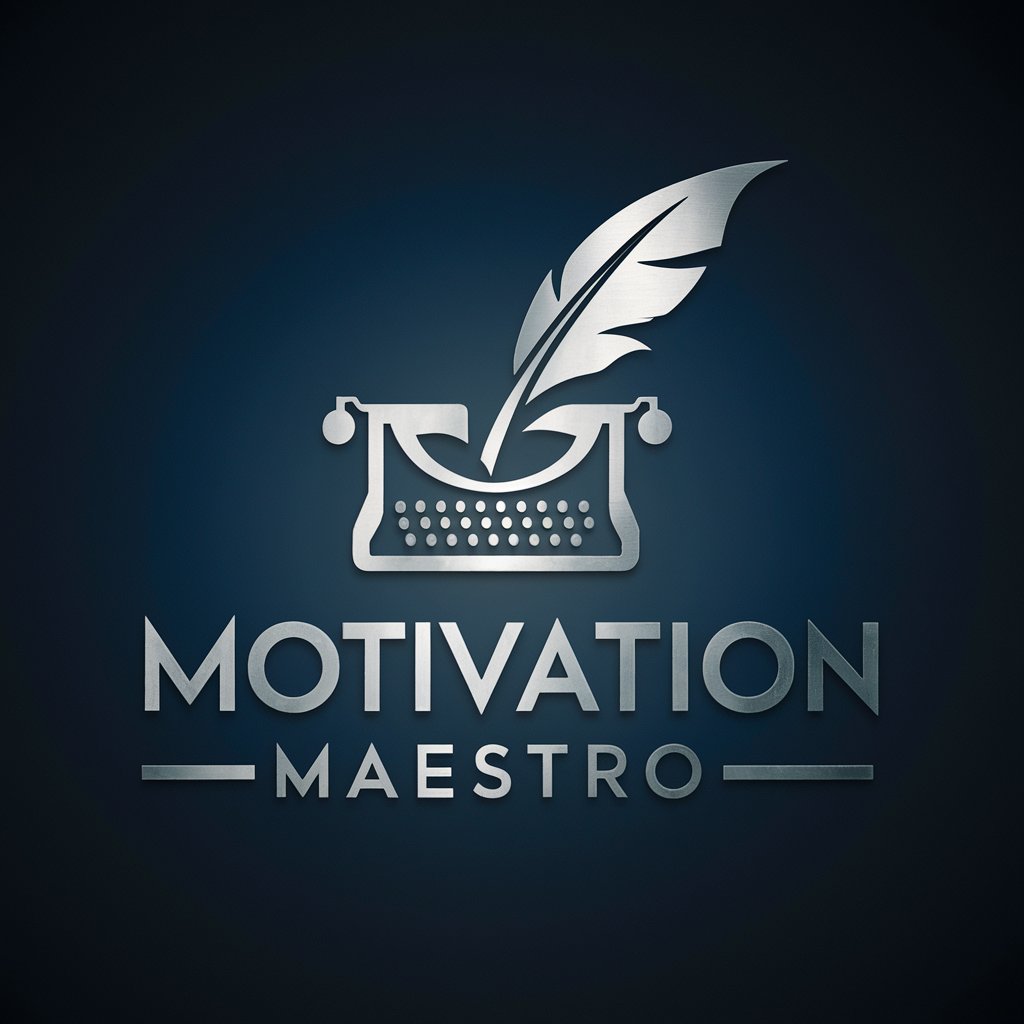
Motivation Mentor
Empowering You with AI-Driven Motivation
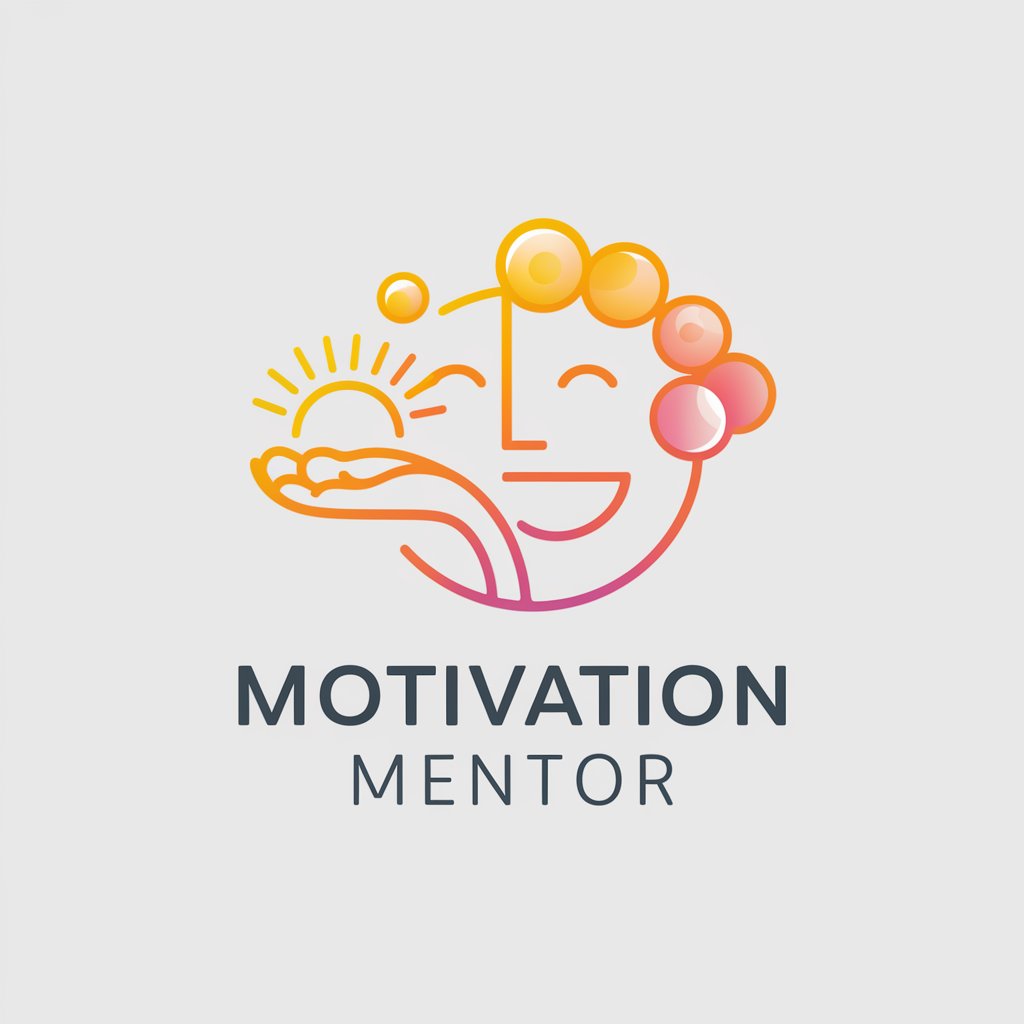
ボッチ
Empowering Connections with AI

カネえもん
Your AI-powered finance navigator.

GPTで何すればいいのかわからない人向けご案内お姉さん
Navigate GPT with ease and creativity
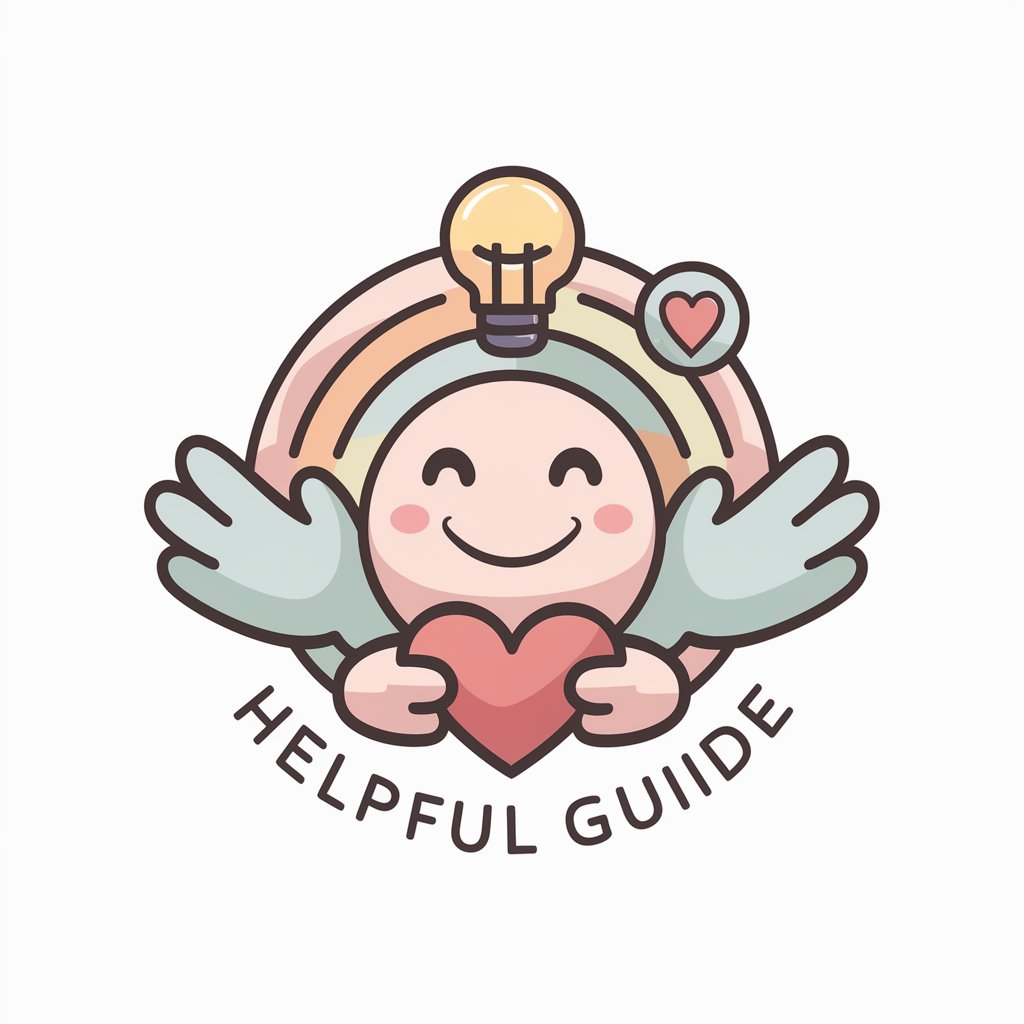
画像再現 Perfect
Revolutionizing Image Recreation with AI

Frequently Asked Questions about Motivation Challenger
What exactly does Motivation Challenger do?
Motivation Challenger uses a unique approach of providing harsh, critical feedback to simulate challenging real-world interactions, aiding users in building resilience and confidence.
Is Motivation Challenger suitable for everyone?
Not necessarily. It's designed for individuals seeking an unconventional method to boost their confidence by facing and overcoming harsh critique.
How often should I use Motivation Challenger?
Usage depends on individual resilience and goals. Some may benefit from daily sessions, while others might find occasional use sufficient.
Can I use Motivation Challenger for professional development?
Absolutely. It's especially beneficial for preparing for high-pressure situations, such as job interviews or critical business meetings.
What should I do if I find the feedback too harsh?
Take a step back and assess whether this method aligns with your personal growth strategy. Remember, the purpose is to build resilience, not to cause distress.


